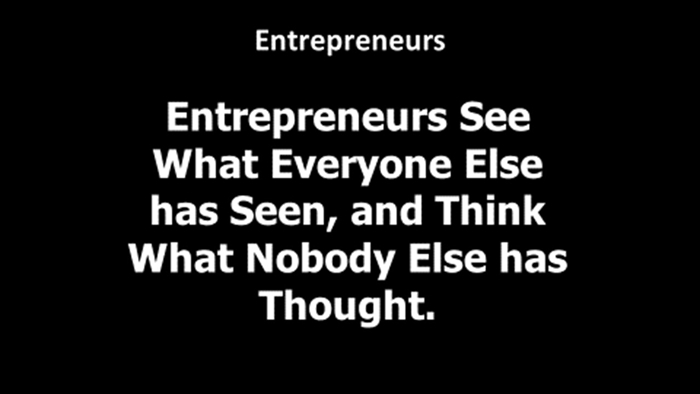
Metropolitan Planning Council
From left: Howard Tullman, Barbara Pollack and event moderator Michael Krauss
On Thursday, Feb. 12, the Metropolitan Planning Council (MPC) hosted an Urban Think & Drink featuring Howard Tullman, serial entrepreneur and CEO of 1871. Our goal for the event: highlight the bond between MPC’s vision for the Chicago region and the work of the tech and entrepreneur sector here.
Together with our 2015 Annual Luncheon on June 3, which will feature renowned Chicago investor J.B. Pritzker and honor Miles D. White of Abbott Laboratories, this event highlights the emerging, intertwined roles of tech, data, entrepreneurship and regional planning in creating a stronger future for the Chicago region.
MPC’s Urban Think & Drink series invites creative urban innovators to share their philosophies on what makes cities better, what drives them and how we can all pitch in to get there. Tullman’s talk focused on the “entrepreneurial mindset,” the future of 1871 and how the 60 people in attendance can help support those goals.
Tullman delivered a wildly entertaining talk that illuminated the importance of 1871 as a major economic engine for the Chicago region. He pointed out that in today’s rapidly changing economy, businesses must embrace the tech sector (or “we’re going to eat your business and destroy you”), and reinforced that he is eager to collaborate for the benefit of Chicago. He’s become known for his boot camp management style, where he wants his entrepreneurs to move “up or out”—he runs a tight ship and believes that the life of an entrepreneur never gets easier and doesn’t have a finish line. Tullman is a man who speaks in bold statements—here are a few that inspired us all to think outside of the box and embrace the entrepreneurial mindset:



These points resonated with MPC because collaboration is central to our success. For more than 80 years, we’ve been proud of our ability to bring businesses, communities and governments to the table to do important things that address the region’s most pressing problems. Some of our most recent examples of successful collaborations include our work on the Calumet Stormwater Collaborative, Corridor Development Initiative, Employer-Assisted Housing and our work to streamline Regional Public Housing—all of which relied on partnerships to make our region a better place to live and visit.
The talk was moderated by Michael Krauss, president of Market Strategy Group, a boutique consulting firm headquartered in Chicago. Krauss was a member of Mayor Daley’s tech advisors for over a decade and co-chaired the Mayor’s Technology Council from 2004 to 2011.
Are you interested in other MPC Urban Think & Drink events? Join us Tuesday, April 21, when we host Toni L. Griffin, director of the J. Max Bond Center on Design for the Just City. Griffin will discuss the Just City Design Indicators Project and how she has applied similar principles in cities like Detroit.